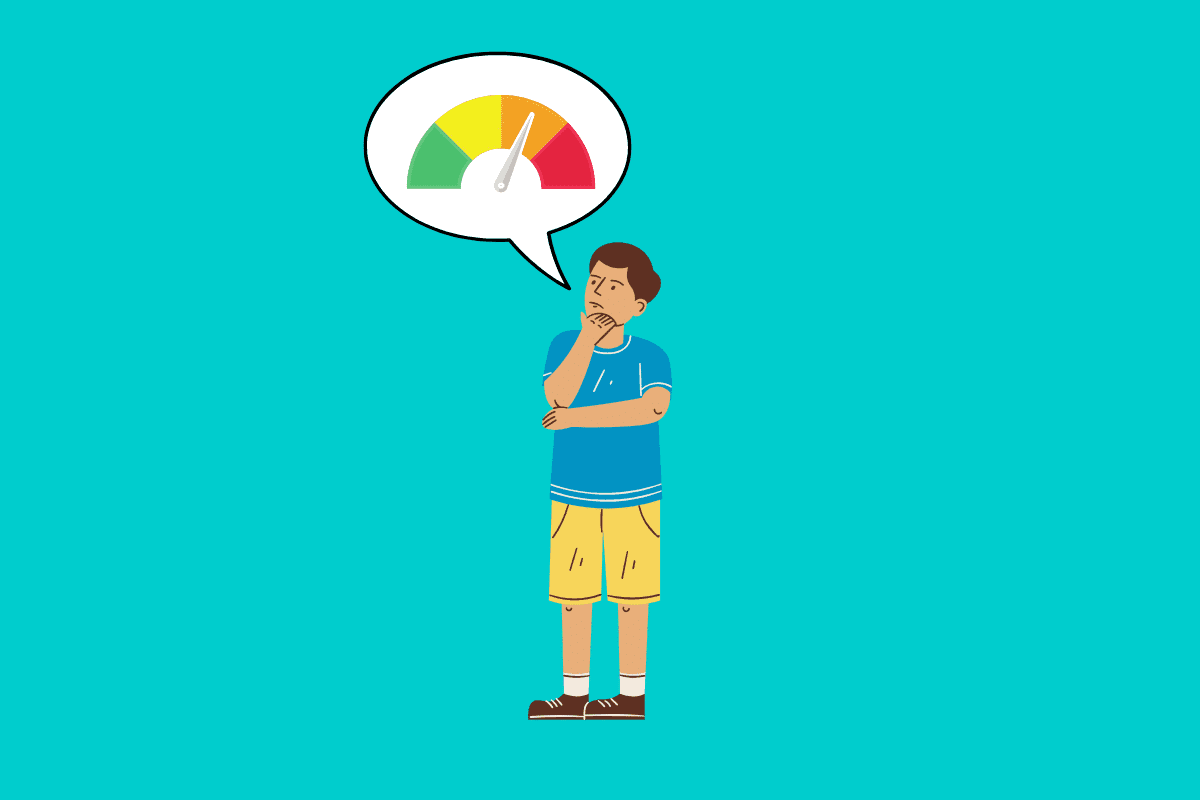How is Your Credit Score Calculated in Canada?
By Heidi Unrau | Published on 29 Feb 2024

Understanding how a credit score is calculated in Canada is essential to your financial health. This three-digit number determines your ability to access loans, credit cards, and even rent an apartment. In Canada, credit scores are primarily determined by two major credit bureaus: Equifax and TransUnion. While they both consider many of the same borrowing behaviours, each uses a slightly different formula to calculate your score. In this article, we will explore the five factors that influence credit score calculations.
Factors Used to Calculate Credit Scores in Canada

A credit score is a numerical representation of your creditworthiness and is used by lenders to assess the risk of lending money or extending credit. In Canada, credit scores range from 300 to 900. Your credit score is calculated based on five primary factors. Each factor impacts your overall score differently depending on how heavily it is weighted in the formula used by credit bureaus to calculate credit scores.
1. Payment History: 35%
Your payment history is the most significant factor that affects your credit score. It makes up 35% of your score, meaning late or missed payments have a significant negative impact. To maintain or achieve a higher credit score, always make your payments on time.
2. Credit Utilization Ratio: 30%
Another critical factor that affects your credit score is your credit utilization ratio, which makes up 30% of your credit score. A credit utilization ratio measures the amount of credit you’re using compared to the total credit available to you. The lower the ratio the better. A high utilization ratio signals an overreliance on credit, which negatively impacts your score.
Only revolving credit products, like credit cards and lines of credit, are used to determine your credit utilization ratio. Keeping your credit utilization below 30% is ideal. That means keeping the balances on your revolving credit products under 30% of the credit limit or paying the balances off in full every month.
3. Length of Credit History: 15%
The length of your credit history makes up about 15% of your credit score. A longer credit history can positively influence your score because it provides more data on your borrowing behaviour. This factor analyzes the average age of your credit accounts, including your oldest and newest account.
Keeping old accounts open, even if you don’t use them anymore, can positively impact your score by increasing the average of your credit accounts. Closing old accounts can lower your score by lowering the average age of your credit accounts.
4. Credit Mix: 10%
A credit mix refers to the different types of credit products on your credit file such as credit cards, car loans, lines of credit, mortgages, etc. Your credit mix makes up 10% of your credit score, and the more diversity the better. Having a mix of different types of credit is beneficial because it shows your ability to various credit products responsibly.
5. Credit Inquiries: 10%
Finally, credit inquiries account for 10% of your credit score. Every time you apply for new credit, the lender performs a hard credit check, also known as a credit pull, to access your file and assess your creditworthiness. Hard credit checks are recorded as an inquiry on your credit report. Multiple inquiries in a short period can be a red flag for lenders because it can indicate financial distress.
Limiting the number of hard credit checks is essential so you don’t damage your credit score. A hard credit check negatively impacts your credit score for up to two years. Always double-check if an application will require a hard check before applying. Soft credit checks do not impact your score.
Relationship Between Credit Score Calculation & Credit Score Ranges

The way a credit score is calculated directly influences which credit score range you belong to. Credit score ranges organize borrowers into categories to help lenders assess the level of risk associated with lending. There are five credit score ranges in Canada and they significantly influence lenders’ decisions on loan approvals, interest rates, and credit terms:
| Credit Score Range | Type of Borrower | What it Means |
| 750-900 | Excellent | * Lowest risk category. * Reflects an excellent credit history with consistent on-time payments, low credit utilization, and a healthy mix of credit. |
| 700-749 | Very Good | * Very low risk to lenders. * Shows a strong credit history and prudent financial behaviour. |
| 650-699 | Good | * Represents a low to moderate risk to lenders. * Indicates a history of mostly on-time payments and responsible credit management. |
| 600-649 | Fair | * Considered a moderate risk. * Might be due to a short credit history or occasional late payments. |
| 300-599 | Poor | * Indicates a high risk to lenders. * May result from a history of late payments, collections, bankruptcy, or high credit utilization. |
Understanding Equifax and TransUnion Scores
While Equifax and TransUnion use similar factors to calculate credit scores, there are slight variations in their methodologies and scoring models. This can lead to different scores from each bureau for the same person. Regularly checking your credit score from both bureaus is recommended for a comprehensive view of your credit health. There are several ways to check your credit score for free without impacting it.
However, it’s important to note that not all credit scores are calculated in the same way. In Canada, there is a distinction between the FICO score and the credit score provided by credit bureaus and third-party agencies. Let’s take a closer look at the FICO score and how a good or bad credit score can affect your quality of life.
Credit Score vs FICO Score
The term “FICO Score” is an acronym for Fair Isaac & Company that originates from a U.S.-based firm that developed a specialized scoring system. This system is utilized by credit reporting agencies like Equifax and TransUnion. However, it’s crucial to note that FICO itself is not a credit reporting agency and does not gather credit data on Canadians.
Instead, the FICO Score is derived from the data compiled by these credit bureaus. It serves as a key tool for lenders in assessing the risk involved in extending credit. Factors such as the amount you are eligible to borrow, the interest rates applicable, and the repayment period are influenced by your FICO Score. In Canada, FICO scores are exclusively available to lenders and not directly accessible to consumers.
Furthermore, Equifax and TransUnion do not have the same data on consumers, since it is not a given that all lenders report their data to both Equifax and TransUnion. As a result, the credit score that they generate with the FICO model and their own in-house model will be different for both providers. Meaning that the FICO score generated by Equifax is not the same as the FICO score generated by TransUnion.
A CBC inquiry revealed that 90% of Canadian lenders, including major banks, rely directly on the FICO score for assessing creditworthiness instead of the in-house scores of Equifax and TransUnion.
The Bottom Line
A comprehensive understanding of how your credit score is determined holds immense importance in effectively managing your financial well-being in Canada. It is crucial to recognize that credit reporting agencies employ diverse methods to calculate your credit score. By familiarizing yourself with these methods and regularly monitoring your credit report, you can proactively take measures to uphold and enhance your creditworthiness.
A good credit score not only unlocks better financial prospects but also empowers you to pursue your goals with a sense of security and assurance. If your credit is less than perfect, there are easy ways to improve your score.
